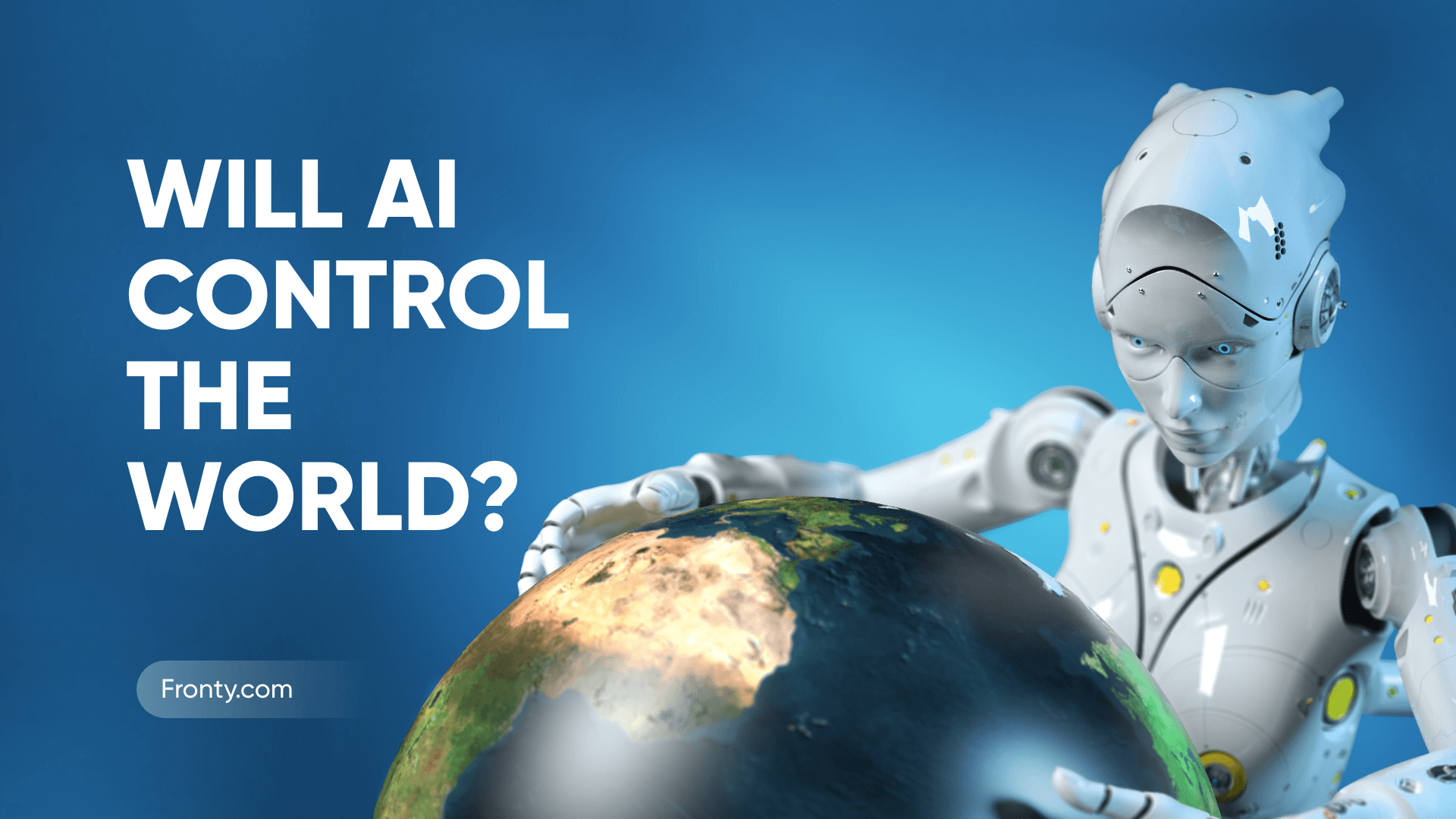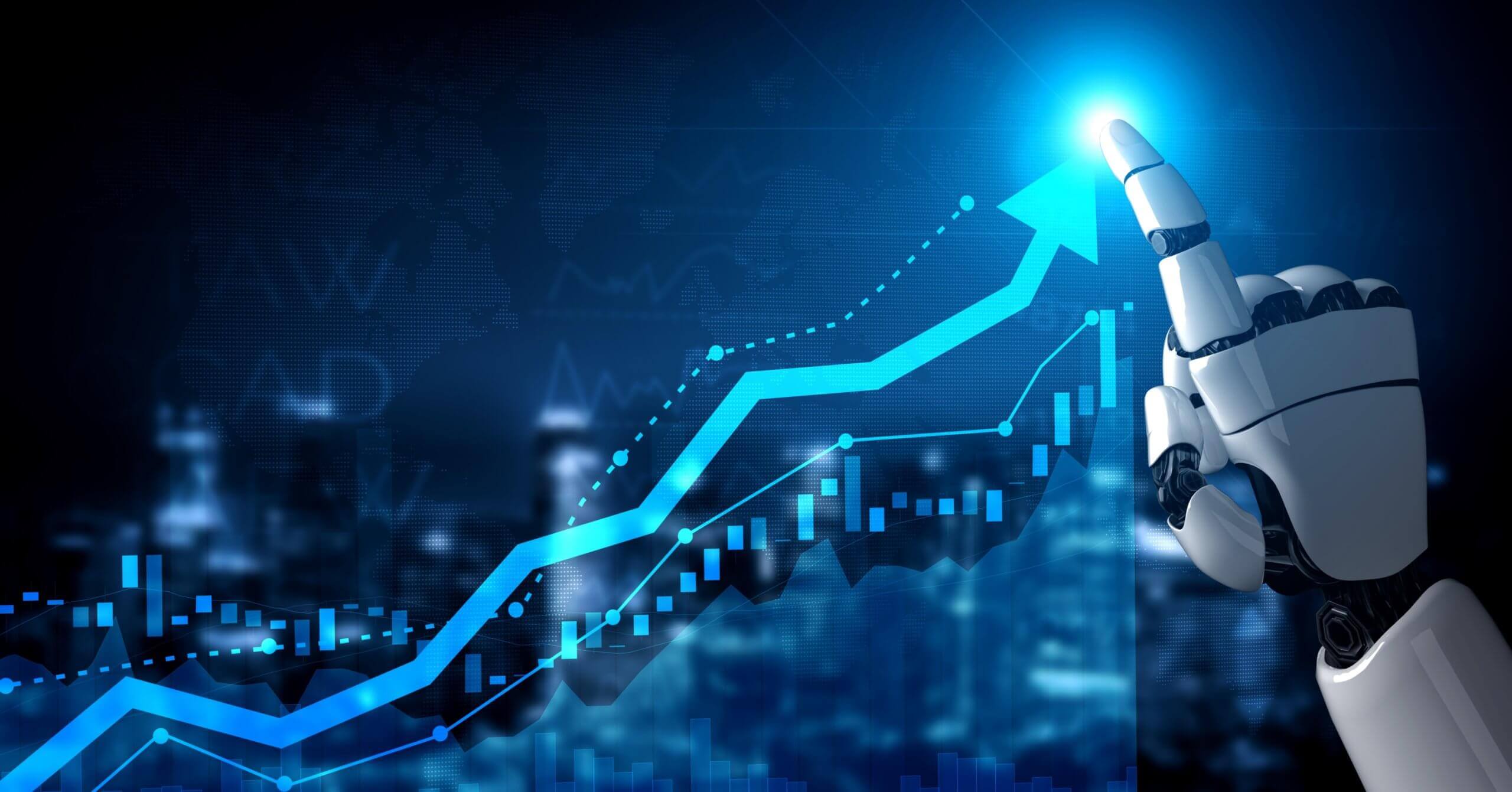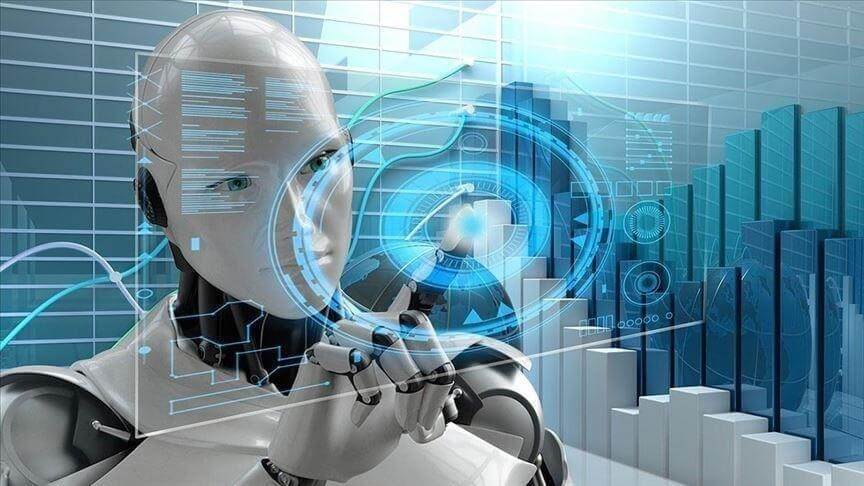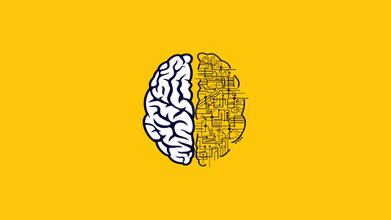Will AI Control The World?
Jun 21, 2021 9752 seen
Artificial Intelligence and the Future
Digital life expands human potential. Code-based systems have spread to more than half of the world's inhabitants through external information and connectivity, offering previously unimaginable opportunities and unprecedented threats. Will humans live better lives than they do today as the evolving algorithm-driven artificial intelligence continues to spread? Many have focused their optimistic remarks on health care and the myriad of possible applications of AI for diagnosing and treating patients or helping the elderly to live fuller and healthier lives. They have also enthusiastically embraced the role of AI in facilitating broad public health programs based on the vast amounts of data that can be collected in the coming years on everything from personal genomes to nutrition. Besides, a number of these experts predicted that AI will drive welcome changes in formal and non-formal education systems. Artificial intelligence can provide tools to track pollution more effectively. Governments and organizations can not only tackle pollution problems faster and more effectively but also better understand them so that they can make more effective preventive measures.
Will Artificial Intelligence Control The World?

Artificial Intelligence is affecting the future of almost every industry and every person. Artificial intelligence has acted as the main engine of new technologies such as big data, robotics, and will continue to act as a technological innovator for the foreseeable future. By using machine learning and computer vision to detect and categorize various “security events,” a shoebox-sized device does not see everything, but a lot. For example, which way the driver is looking when he is driving the vehicle, how fast he is driving, where he is driving, where are people around him, and how other forklift operators maneuver their vehicles. Artificial intelligence is becoming more and more important in the energy system and its management. Typical AI applications are power trading, smart grids, or the interconnection of electricity and heat.
The Evolution of Artificial Intelligence

IFM is one of the countless innovators in artificial intelligence in an area that is now more relevant and more relevant than ever. Here's a good indicator: Of the 9,100 patients received by IBM's inventors in 2018, 1,600 (or nearly 18 percent) were associated with artificial intelligence. Here's another thing: Tesla founder and tech titan Elon Musk recently donated $ 10 million to fund ongoing research at the nonprofit research firm OpenAI - just a drop in the proverbial bucket if his $ 1 billion joint promise in 2015 is any indication. And in 2017, Russian President Vladimir Putin told schoolchildren that "whoever becomes the leader in this area [AI] will become the ruler of the world." After more than seven decades of hype and sporadic inactivity during a multi-wave evolutionary period that began with so-called "knowledge engineering", it has moved to machine learning based on models and algorithms and is becoming more focused. When it comes to perception, reasoning, and generalization, AI has taken center stage again like never before. And in the near future, he will not give way to the spotlight.


